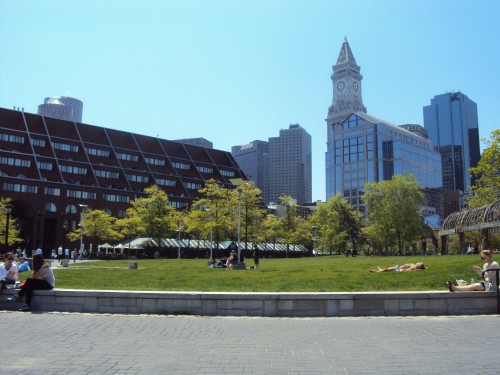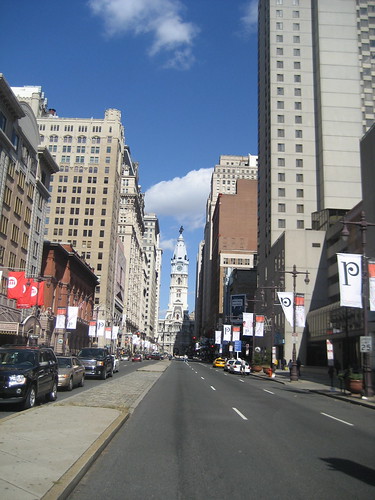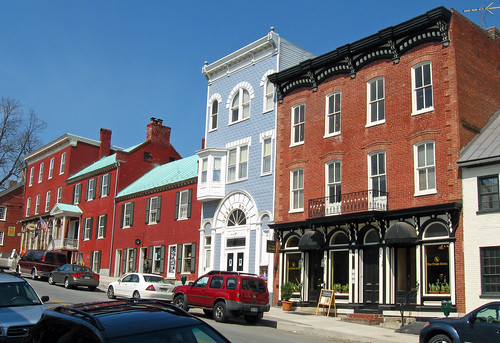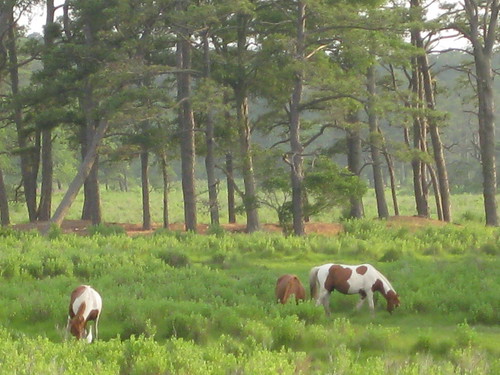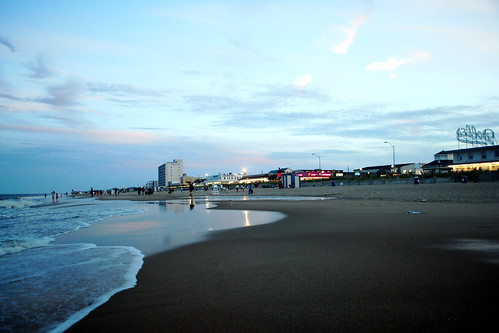
The National by Corinne Whiting
When you’re a traveler who’s inclined to ration funds and vacation leave for passport-dependent voyages, it’s easy to forget there are adventures to be found closer to home. So a couple Fridays back, a few friends and I bid farewell to our D.C. offices a wee bit early and joined the masses traveling south down I-95. (Fortunately we’d come prepared for gridlock, chock full of patience and playlists.) Our mini-vacation destination? Richmond, incidentally the state capital located at the fall line of the James River in Virginia’s Piedmont region. But of interest to us that evening? A show by those lovable North Carolinian folk rockers, The Avett Brothers.
We whizzed into town excited to begin our less than-24-hour southern tour. Best not to dwell on details of actual travel times (roughly double our estimate) and revamped dinner plans (we’d dreamed of buttery Southern goodness at Comfort, yet made do with hurried turkey clubs in an ambiance-less Marriott dining room). But no matter, the slow-as-molasses waiter was friendly, and the Turning Leaf he poured sufficiently chilled. We instantly settled into the refreshing change of scene–so few suits, so many beards!–and headed two blocks down Broad Street to The National.
The historic National theater, reminiscent of Falls Church’s State Theatre, opened with much fanfare in 1923 as the newest addition to the then-thriving Richmond theater scene. Inside this Italian Renaissance Revival space, described by one reviewer as “handsome, stately, adorned but not ornate…,” acts ranged from vaudeville performers and artists like Orson Welles to silent movies, which were accompanied by musicians in the orchestra pit below (the state’s largest). The theater sat up to 1,114 spectators, including those in four second-level boxes that remain intact today. The adored venue was saved from a wrecking ball in 1989 by the Historic Richmond Foundation. These days the ground floor, which gradually slopes for easy stage viewing over neighbors’ heads, is reserved for standing space, and concert goers with balcony tickets sit above. Seven full bars serve thirsty patrons, while tattooed bouncers stand guard around the perimeter.
Continue reading →
